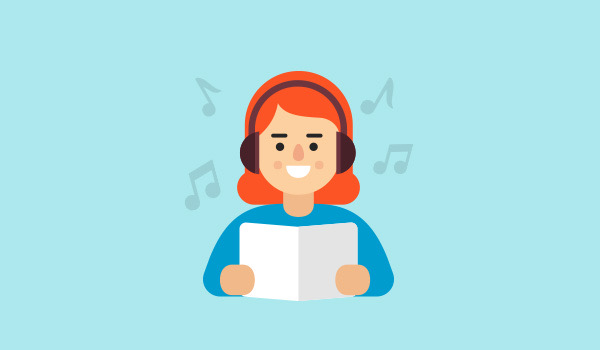Is Listening to Music While Studying Beneficial?
Students give their opinion on listening to music while doing work and if it helps them focus.

Fedena
Basic rules and guidelines that are all relatively similar are put into place in every classroom. Although, it seems as if each teacher has at least one of their own personalized rules unique from all others, which comes down to their own preferences of how to run their class. Whether it’s having to put your phones away in a phone pocket or not being able to keep your backpacks next to you, classroom rules vary. One that is debated, not just at NAI but in schools across the country, is if students should be able to listen to music or not. Here’s what NAI students and teachers have to say about it.
When asked, 84% of NAI students surveyed said they listen to music while studying and doing busy work. Out of those students, 66% said it helps them focus on their studies. The majority of students that said music couldn’t help them focus while studying, all agreed that they could listen to music while doing busywork, or subjects that did not require a lot of focus. When it came down to studying or reading, they found it distracting, wanting to sing and dance along, rather than sit down and hit the books.
Most teachers asked seem to play music at similar times that students do.
When asked, four out of five teachers said they play music during class or let their students listen to their own music.
For example, Biology teacher Mrs. Gibson encourages more relaxing music and background noise. “I downloaded the Calm app this summer so that we could do some peaceful kind of listening things while we are working on stuff.” She believes students sometimes need the time to just relax and unwind during their stressful school day.
Mr. Mac, a Social Studies teacher, says that he plays music during class and lets his students listen to their own music if earbuds are in use. “I think music helps them channel their intellect, gives them insight, and relaxes them.” He is not picky about the music he plays during class. Every day is miscellaneous and if it sounds good, it’s played.
Mr. Winschel, on the other hand, tries to shy away from playing music in class. “Generally, I don’t let them listen, mainly because it’s a school environment, so let’s focus on school stuff. It can be distracting. Sometimes if I’m in a good mood, I’ll let it slide, especially if I know they’re doing their work.”
Most students listen to pop, rap, or rock music while doing busywork, but use more relaxing music while studying. If they listen to music while studying, the majority of students said they listen to music with no lyrics, such as classical or contemporary. This type of music helps them focus because it creates a calming environment, and they do not get as easily distracted by the music since there are no words to sing along to.
Studies have proven that music helps increase cognitive tasks, like memory, concentration, and attention. Improvement of mental math and reduction of depression and anxiety has also been shown throughout data. Background music is especially helpful for more creative and personal activities, like literature-based work, brainstorming, and problem-solving. Ultimately, it all comes down to personal preference. Music may not help you focus, but it could help someone else.

Dani Benavides is a sophomore at NAI. This is her first year writing for NAEye, and she moved to Pittsburgh a year ago from Utah. She likes watching basketball,...

Macy Seymour is a sophomore at NAI. This is her first year contributing to the NAEye. In her free time, she enjoys dancing on the North Allegheny Dance...


Matt Gentile • Nov 16, 2019 at 4:53 pm
Music can be a great way to calm the mind and refocus, but I think it can become distracting depending on the type of music and the volume at which it is played. Loved the article, keep up the good work 🙂
Devil;s Advocate • Oct 3, 2019 at 4:11 pm
depends on the person, for some it does, others it doesn’t and it also depends on the type of music(calm. electronic, energetic, hype, etc)